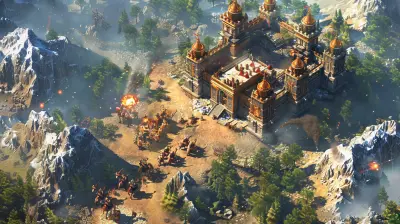The Psychology of High-Pressure Matches in Fighting Games
27 July 2025
Have you ever found yourself sweating during a match, palms slippery, heart pounding, and your mind racing before the final round even begins? Maybe it was in the final moments of a tournament match or just an intense online ranked game. Welcome to the world of high-pressure situations—the mental battleground of fighting games.
Fighting games are more than just flashy combos and button mashing. Behind every match lies a psychological chess game. Players aren't just fighting their opponent's character; they're battling their own fears, doubts, and nerves. Let’s dive deep into the psychology of high-pressure matches in fighting games and talk about why your mind either becomes your biggest ally—or your worst enemy—when the heat is on.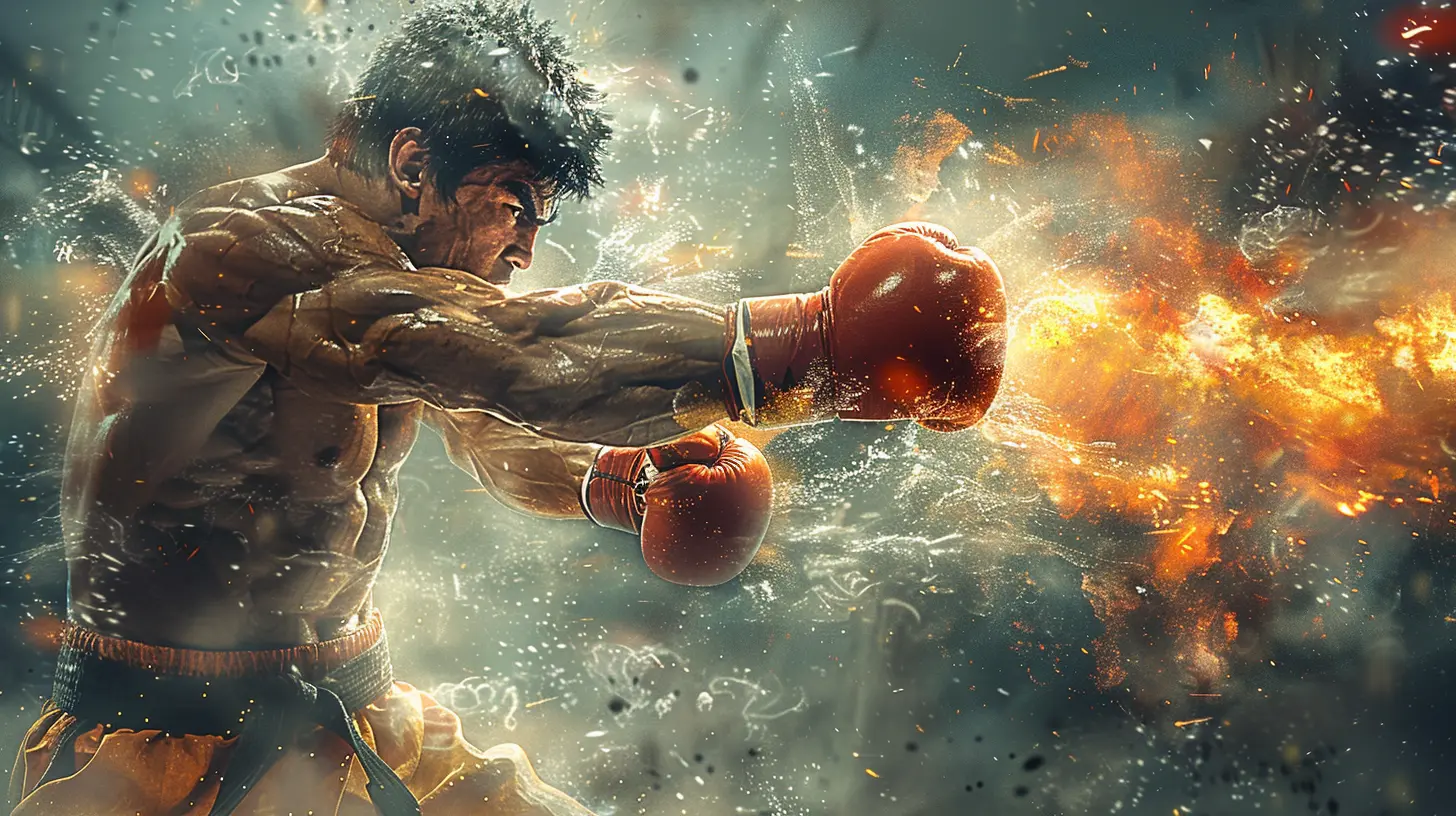
What Makes Fighting Games So Stressful?
Fighting games are unique. Sure, other competitive games are intense too, but there’s something brutally raw about a 1v1 fight. You can’t blame your teammate, there are no second chances mid-match, and each pixel of health could be the difference between crushing victory and heartbreaking defeat.One-on-One Pressure
It’s just the two of you in the ring. That creates a very personal kind of pressure. In team-based games like MOBAs or shooters, the load is shared. But in fighting games, it’s all on you. That spotlight adds weight to every decision.Quick Thinking, Split-Second Reactions
You’re not just reacting—you’re predicting. You have milliseconds to read your opponent’s moves, counter with the right block, or execute a clutch combo. In high-pressure scenes, those milliseconds feel like half a blink. Your brain is sprinting while your hands try to catch up.High Stakes, High Emotions
Whether it’s a ranked match that determines your place on the leaderboard or a tournament where reputation and prize money’s involved, the stakes can dial the pressure up. And let’s be honest—nobody wants to get bodied in front of a crowd or livestream audience.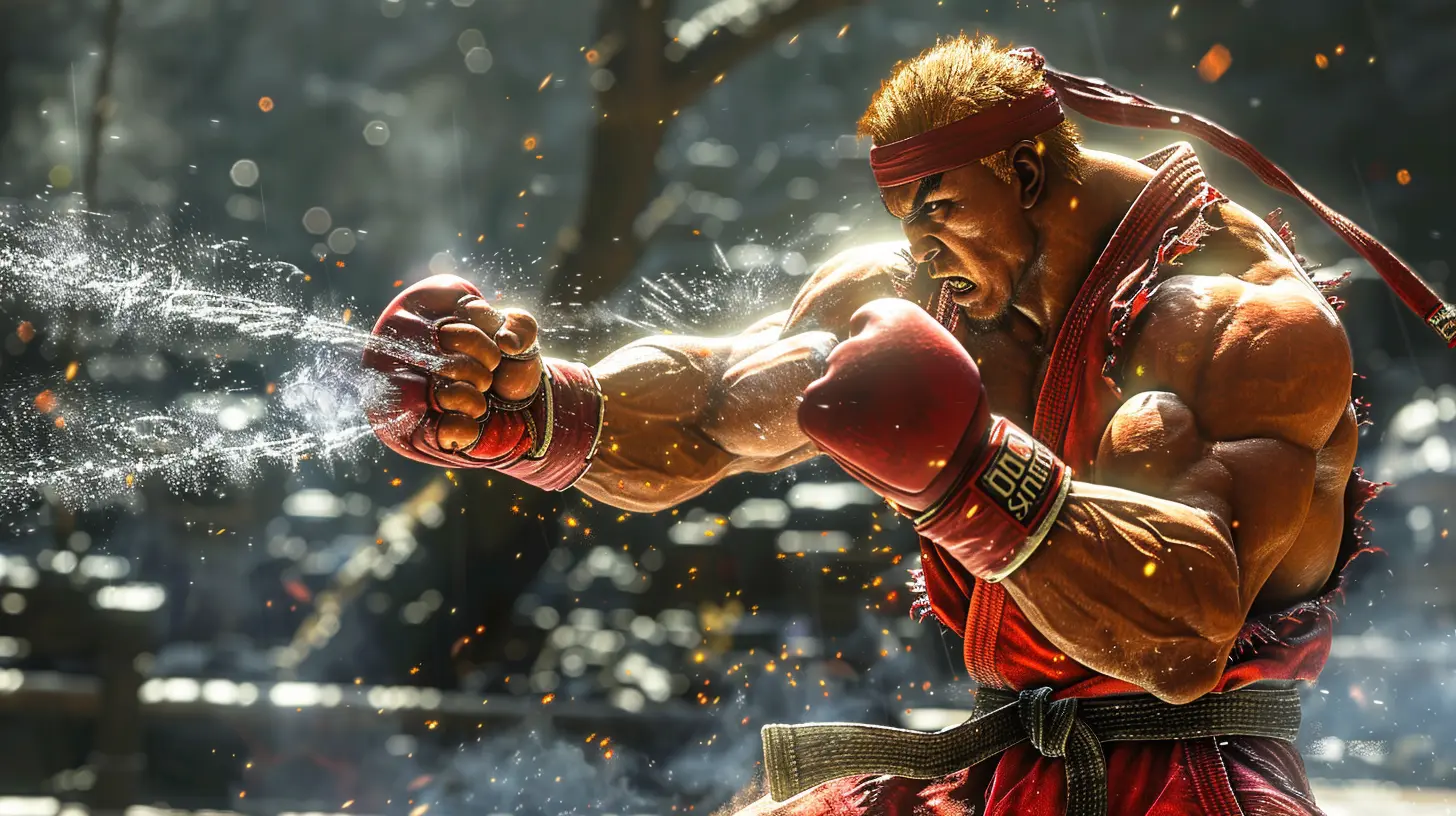
Fight or Flight: What Happens to Your Brain?
When you enter a high-pressure match, your body doesn’t know you're holding a controller. It reacts like you’re about to fight a sabertooth tiger. That’s your sympathetic nervous system kicking in—aka the “fight or flight” response.Adrenaline Rush
Your brain floods with adrenaline. Your heart pounds. Your breathing quickens. This can sharpen your reactions—but it can also make you jittery and unfocused if you’re not used to dealing with it.Tunnel Vision
Under stress, your focus narrows. This can help you zero in on your opponent’s movements, but it can also make you miss other important cues—like a subtle setup or an opening in their defense.Mental Fatigue
Your brain burns a ton of energy during intense matches. When you’re mentally drained, your decision-making suffers. Ever noticed how you drop combos or miss punishes the longer a set goes on? That’s not just fatigue—it’s your brain starting to lag.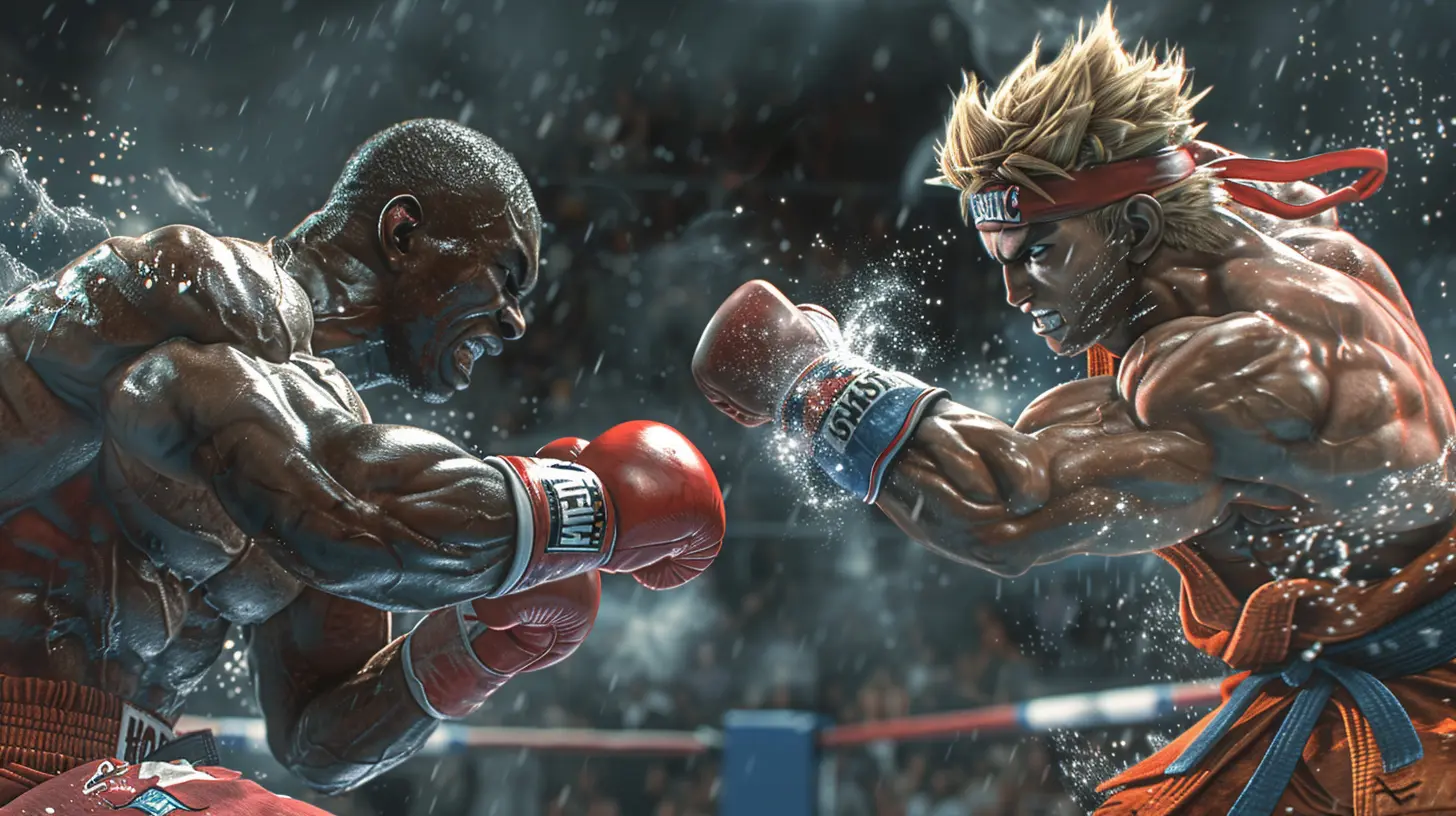
The Inner Voices of Competitive Play
One of the biggest challenges in high-pressure fighting game matches? Your own thoughts.Doubt and Second-Guessing
Say you’re one round away from winning. Suddenly, a little voice goes, “Don’t mess this up.” You overthink. You hesitate. You throw out a move you KNOW is unsafe—and boom. Your opponent punishes you and turns the tide.That’s self-doubt creeping in. It’s a natural part of pressure, but it’s deadly if you let it drive.
Overconfidence
The flip side: you’re ahead and feeling untouchable. So you start taking risks, showboating, or ignoring fundamentals. That ego trip can cost you when your opponent adapts and punishes your recklessness.The best players? They ride the wave of confidence without losing respect for their opponent. It’s a tricky balance.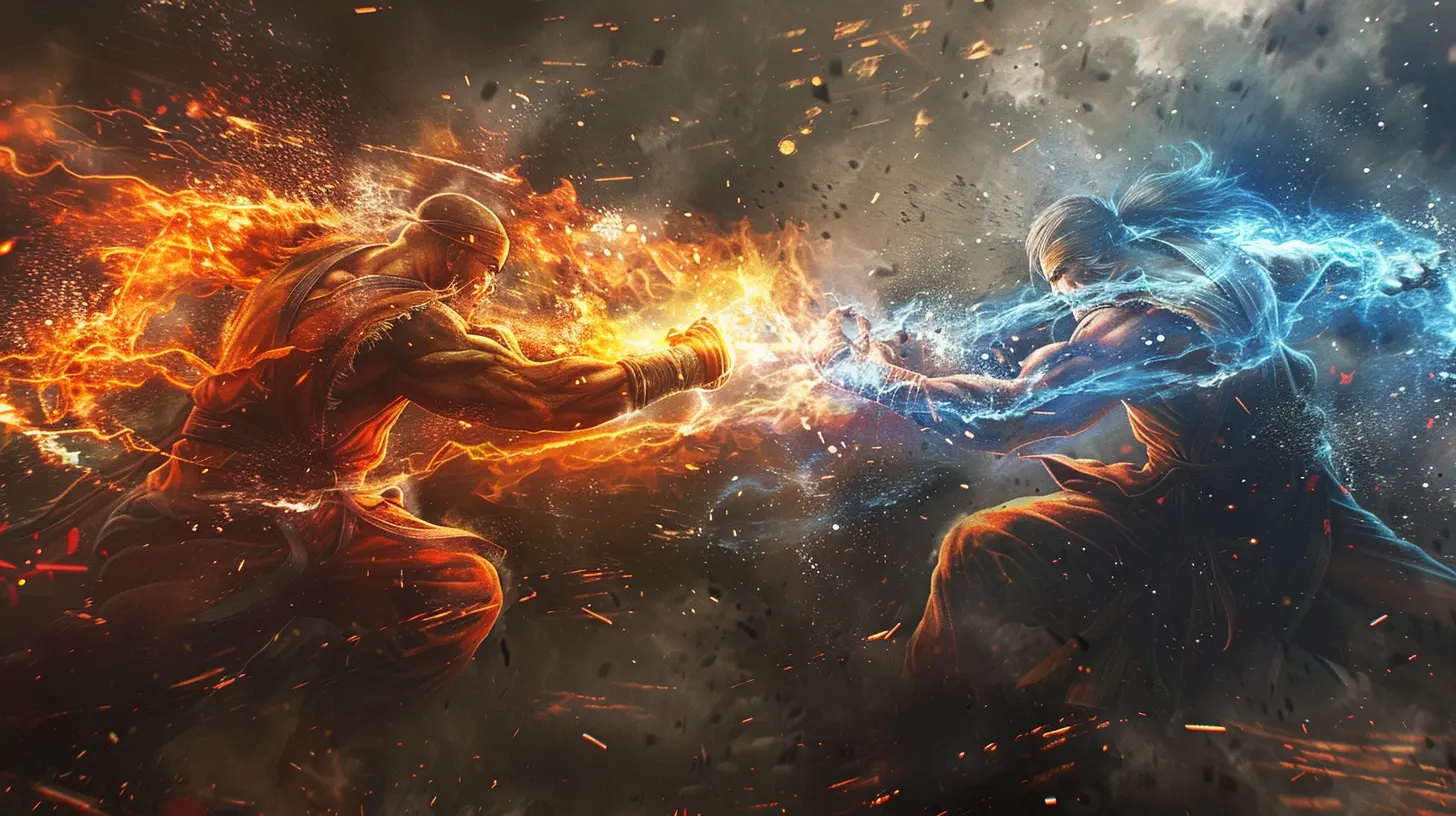
Clutch Vs. Choke: Why Some Players Thrive Under Pressure
Think about the FGC legends—the players who bring their A-game exactly when the chips are down. What sets them apart?Emotional Regulation
These players don’t let their emotions control their gameplay. They don’t go full tilt when they lose a round, and they don’t get too cocky when they win one. They keep their emotions in check and use that headspace to focus on the match.Experience
You can’t fake experience. The more you play under pressure, the better you get at handling it. Players who’ve lived through dozens of tournament sets learn how to thrive in that uncomfortable zone.Focus on the Present
High-level competitors don’t get stuck thinking about the last round or worrying about the next one. They lock in on the “now.” Ever heard the term “flow”? That’s when you’re deeply immersed in the moment. No nerves. No distractions. Just you, your character, and the fight.The Tilt Factor: How Losing Your Cool Affects Your Play
Ever gotten so upset after losing a match that you started making dumb, irrational plays just out of frustration? Welcome to Tilt Town.What Is Tilt?
Tilt is when your emotions spiral out of control and start steering your decisions. You're no longer playing to win—you’re playing emotionally. That’s when mechanics go out the window, and you start throwing out wake-up DPs or panic ultra supers.How Tilt Happens
- Getting hit by an annoying spammy playstyle- Dropping a combo that could’ve secured the win
- Thinking the game “robbed” you on a trade or input
- Feeling like your opponent is disrespecting you
Once tilt sets in, your decision-making tanks, and climbing back becomes twice as hard.
Mindset Training: Getting Better at Handling Pressure
Here’s the good news: pressure doesn’t have to break you. Like anything else in fighting games, handling pressure is a skill—and you can train it.Practice Mindfulness
Just like you practice combos or lab setups, you can practice calming your mind. When you feel pressure mounting, take a deep breath. Reset your posture. Remind yourself: it’s just one round, one game, one set. Play the moment.Simulate Pressure
Put yourself in high-stress situations on purpose. Join tournaments, even locals or online events. Play in front of friends or stream your matches. The more you expose yourself to pressure, the more normal it becomes.Focus on the Process, Not Just the Win
If you only care about winning, every loss feels devastating. But if you focus on improving—making better decisions, adapting faster, managing your emotions—then every match, win or lose, moves you forward.Positive Self-Talk
Replace “I always choke” with “I’m getting better at staying calm.” Talk to yourself like you would to a teammate. Encourage yourself. It’s cheesy, but it works.Not Just the Pros: Casuals Feel It Too
You don’t have to be at EVO to feel the strain. Even casual players feel pressure—especially in ranked battles, or when playing someone they admire (or hate).The psychology doesn’t change based on skill level. Pressure affects everyone. It’s what you do with it that counts.
Community Support: Why It Matters
One amazing thing about the fighting game community is how much support exists—especially around mental improvement. Players share tips, post motivational threads, and remind each other that everyone was a scrub once.Being part of a good, supportive community can make all the difference. Whether it’s a Discord group, Twitch chat, or local scene, having people who hype you up and help you grow is huge for your mindset.
Final Thoughts: Pressure Is a Privilege
If you’re feeling pressure, it means you care. It means you’ve stepped into the ring, ready to fight, knowing that you might lose—and still choosing to give it your all.That’s something to be proud of.
Instead of fearing the pressure, embrace it. Turn nerves into fuel. After all, diamonds are made under pressure, right?
So next time your heart’s pounding right before a clutch match point, smile. You’re leveling up—mentally and mechanically. That’s the real fight game magic.
all images in this post were generated using AI tools
Category:
Fighting GamesAuthor:

Jack McKinstry
Discussion
rate this article
1 comments
Zephira McVey
High-pressure matches reveal true character; mastering mindset is crucial for success in fighting games.
August 13, 2025 at 3:07 AM

Jack McKinstry
Absolutely! High-pressure situations in fighting games truly test a player's mindset and determination, which are key to achieving success.

